Koh Poh Koon: School counsellors trained to assess suicide risks among students
Senior Minister of State Dr Koh Poh Koon said school counsellors are trained to assess suicide risks and refer students for appropriate care. PAP MP Dr Wan Rizal called for a national crisis pathway and KPIs, but Koh cautioned against rigid performance indicators, noting that each case is deeply personal.
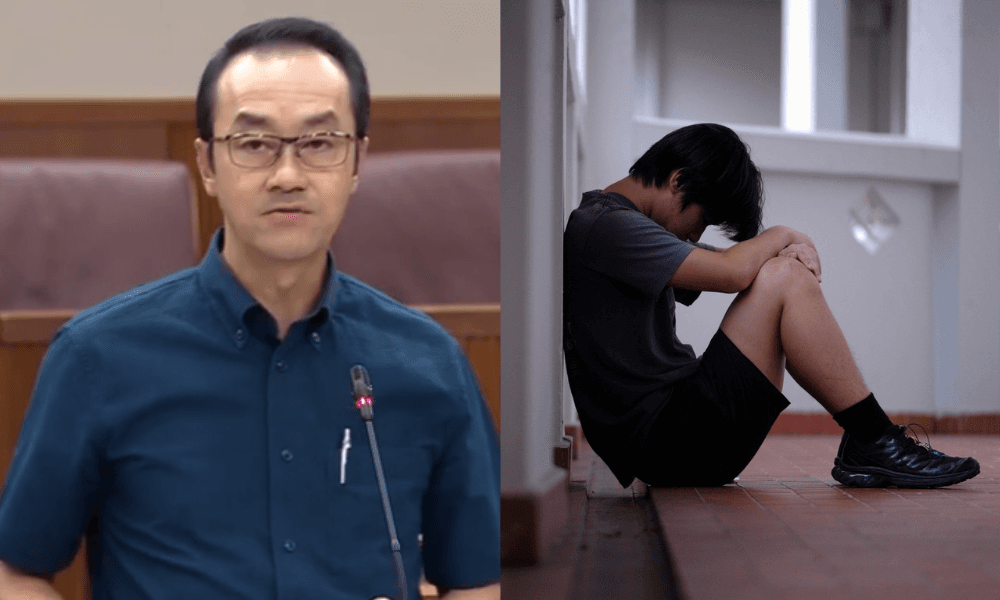
- School counsellors are trained to assess suicide risks, referring high-risk students to hospitals and non-imminent cases to community mental health teams under the Tiered Care Model.
- PAP MP Dr Wan Rizal called for a national crisis pathway and KPIs to ensure timely intervention and data consistency across schools and healthcare institutions.
- Senior Minister of State Dr Koh Poh Koon said setting KPIs is impractical due to individualised cases, stressing instead on accessibility, anonymity, and the use of Mindline 1771 to provide immediate support.
SINGAPORE: School counsellors are trained to assess suicide risks among students and act swiftly when imminent danger is detected, said Senior Minister of State for Manpower and Health, Dr Koh Poh Koon, during a parliamentary sitting on 14 October.
Koh emphasised that suicide is a complex and multifaceted issue that goes beyond recognising warning signs.
Assessments, he explained, take into account both the individual’s thoughts and behaviours, forming part of a broader clinical approach to mental health management.
“These are incorporated into the Practice Guide for Tiered Care Model for Mental Health, which guides mental health service providers on how to assess suicide risks and determine the appropriate follow-up actions,” he said.
School counsellors, like other mental health professionals, are trained to conduct such assessments.
According to Koh, students who are found to be at imminent risk are directed to hospital emergency departments, while those assessed as non-imminent risk are referred to the Response, Early Intervention and Assessment in Community Mental Health (REACH) teams for further evaluation and intervention.
He also noted that the Ministry of Health (MOH) and the Ministry of Education (MOE) currently do not track data from the initial school alert to the first clinical contact, suggesting that monitoring processes are still being refined.
National Mindline 1771 and Frontline Training
To provide immediate access to mental health support, Koh highlighted the National Mindline 1771 — a helpline that serves individuals of all age groups, including children and youths.
The hotline offers brief counselling and referral services to connect individuals with crisis response teams or other relevant mental health services when necessary.
He added that frontline personnel and volunteers across multiple sectors have been equipped with basic mental health training to help identify psychological distress and refer individuals for further assistance.
“As of March 2025, about 140,000 frontliners have been trained,” Koh said. “MOH will continue to work with relevant agencies to ensure timely support for individuals at risk of suicide.”
PAP MP Wan Rizal Calls for a National Crisis Pathway and KPI
People’s Action Party (PAP) Jalan Besar GRC MP Wan Rizal acknowledged that supporting youths through emotional crises is “certainly complex and requires dedication.”
However, he stressed the need for a clearer national framework and measurable benchmarks to ensure timely intervention.
“I do believe that we need a national crisis pathway, and in so we need a KPI that will be distinctive enough for us to ensure that timely intervention is set,” Wan said.
He expressed concern that the absence of defined key performance indicators (KPIs) makes it difficult to evaluate the speed and effectiveness of crisis response efforts.
Wan suggested that the Ministry consider establishing and publicising a clear crisis flowchart that could be used consistently across schools, hospitals, and community organisations.
“We need to have the data properly accessed when an imminent risk occurs,” he said.
Koh: Difficult to Set KPIs for Individualised Cases
Responding to Wan’s suggestions, Koh acknowledged the importance of structured processes but cautioned against setting rigid performance indicators for suicide risk cases, given their deeply personal nature.
“It is a complex issue and not something you can force onto the youths. They have to be encouraged to come forward and be open about sharing,” he said.
Koh explained that each case differs in how quickly an individual is willing to seek help and how well they respond to intervention.
“It is therefore probably not very practical and difficult to set a downstream KPI because how soon the person is prepared to step in to receive care, how well they respond to the conversation with their counsellors or their doctors — it is really very much individualised.”
He added that imposing artificial timelines might constrain counsellors’ ability to build trust and rapport, which are essential to effective intervention.
Emphasis on Accessibility and Anonymity
Instead of fixed KPIs, Koh said the government’s focus is on ensuring upstream accessibility to mental health services.
He highlighted the role of the National Mindline 1771 in providing anonymous and stigma-free access to support.
“It is meant to be something that can be anonymous so that it actually does not add to the stigmatisation or the fear of youths having to face someone they may not be comfortable with,” he said.
The helpline allows young people to seek confidential, non-judgemental consultations over the phone or through text messaging and WhatsApp, offering multiple options for those who may hesitate to meet counsellors in person.
“The whole idea is to create options that the youths can actually access. Those who are prepared to step forward and seek help should never be deterred from doing so,” Koh added.
Tiered Care and Standardised Escalation Flow
Addressing Wan’s request for a national flowchart, Koh explained that the Practice Guide for Tiered Care Model for Mental Health already contains a four-tier structure for assessment and escalation.
The model ranges from Tier 1 — focusing on mental wellness education and preventive care — to Tier 4, which involves acute crisis interventions in institutions such as the Institute of Mental Health (IMH).
“This entire practice guide includes a flowchart that helps care providers and counsellors determine when to escalate to the next level and guides them on the appropriate pathway to take,” he said.
The flowchart also outlines eligibility criteria and communication protocols, allowing for greater standardisation and coordination across schools, hospitals, and community mental health services.


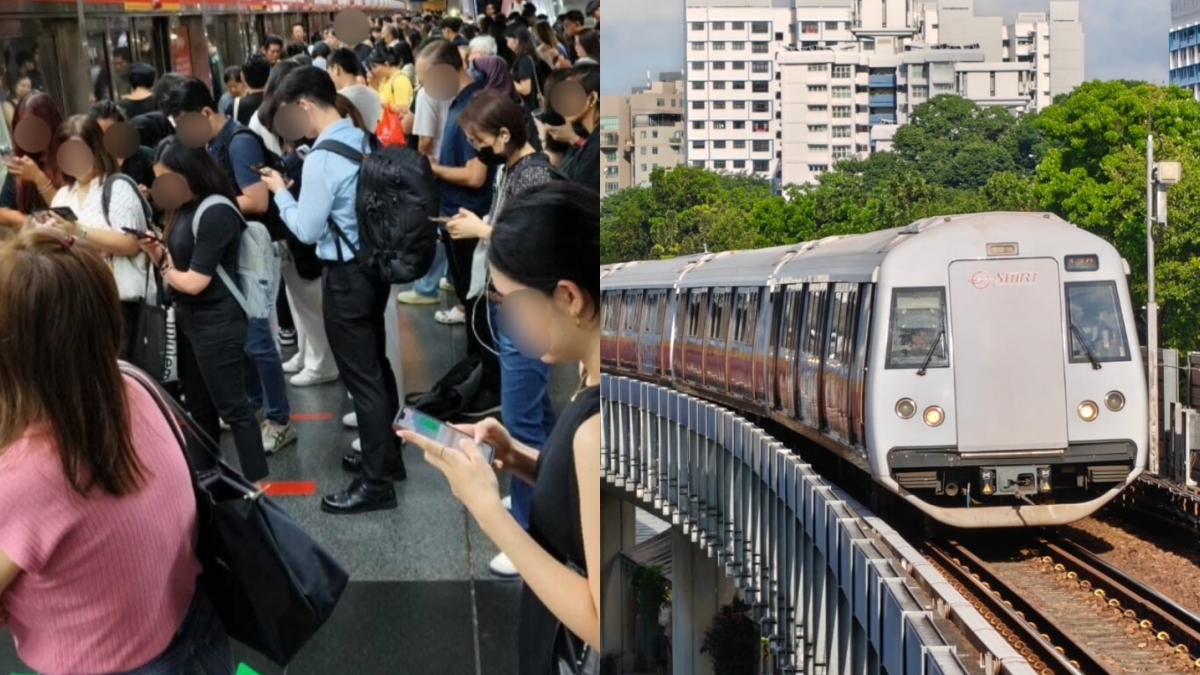
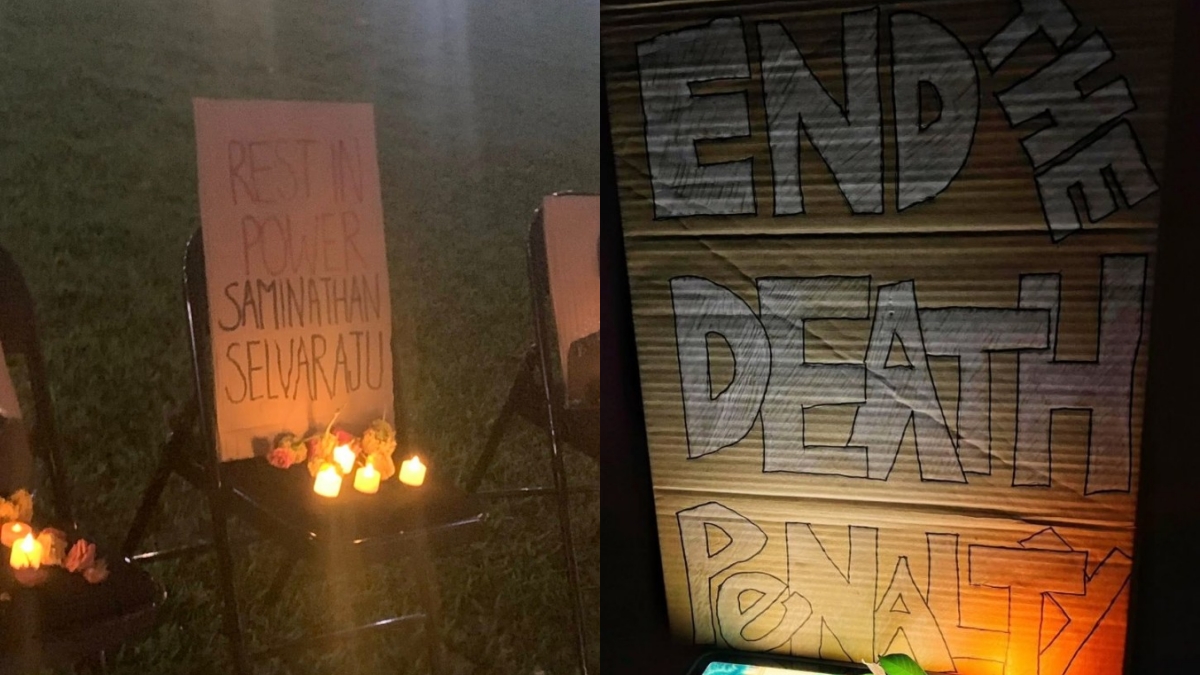

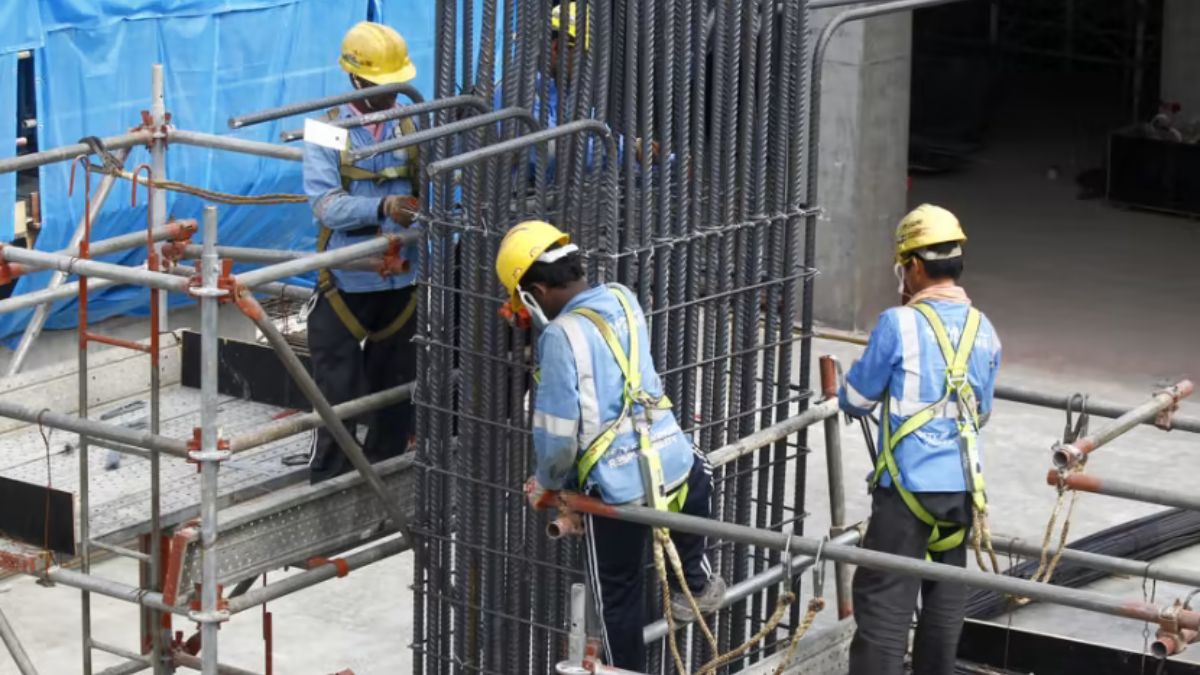

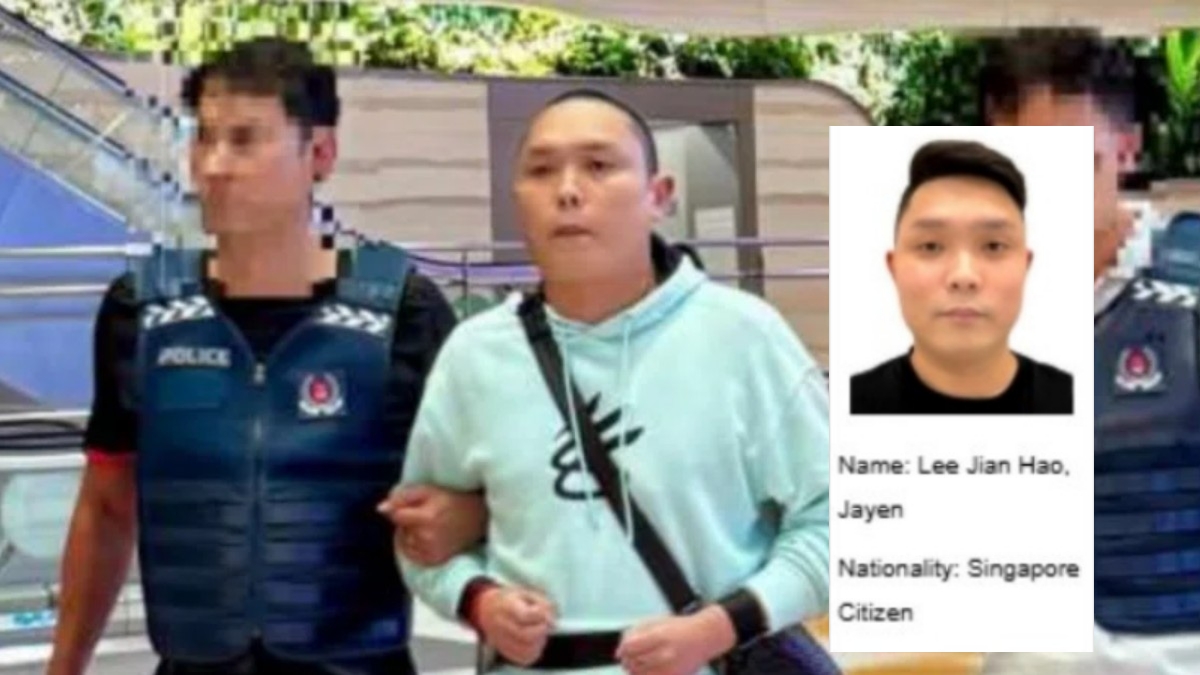
0 Comments